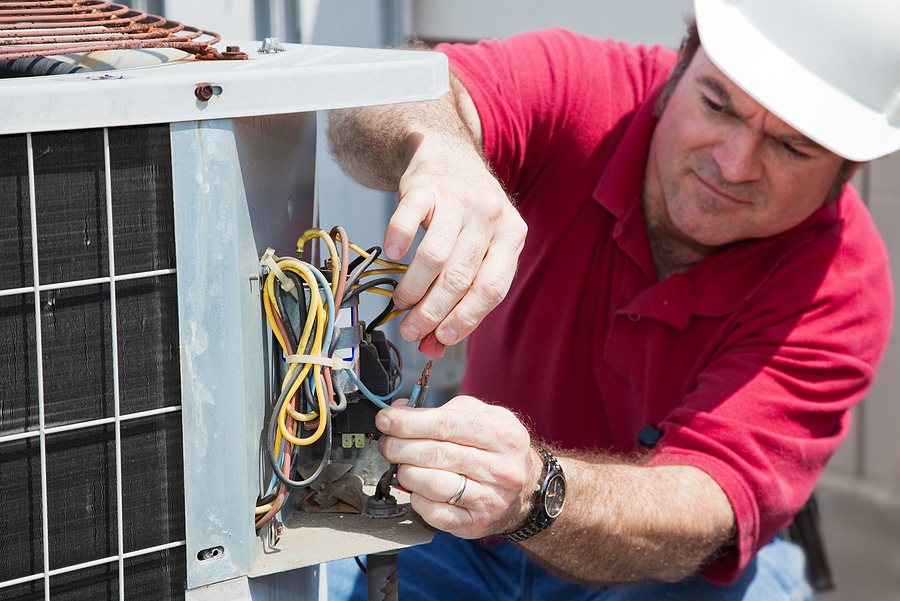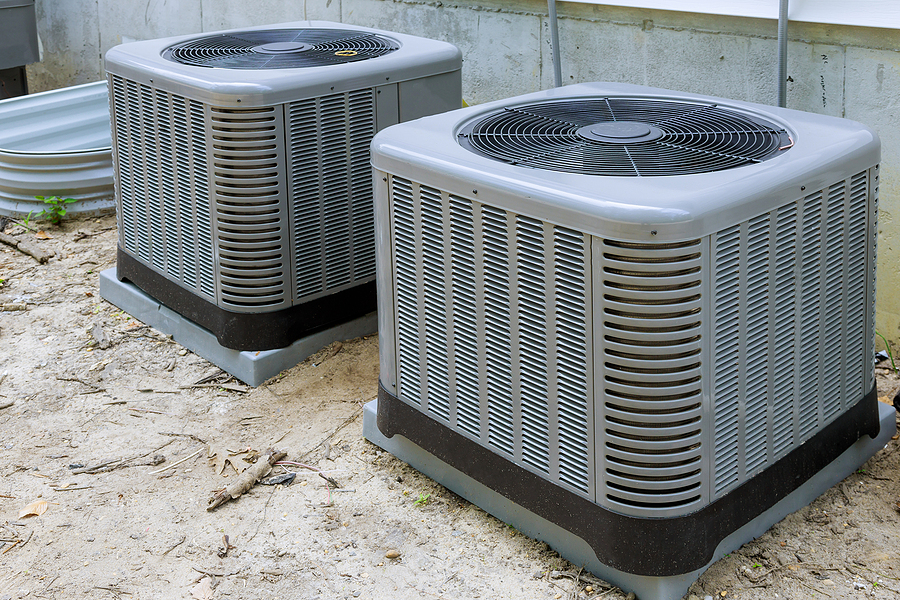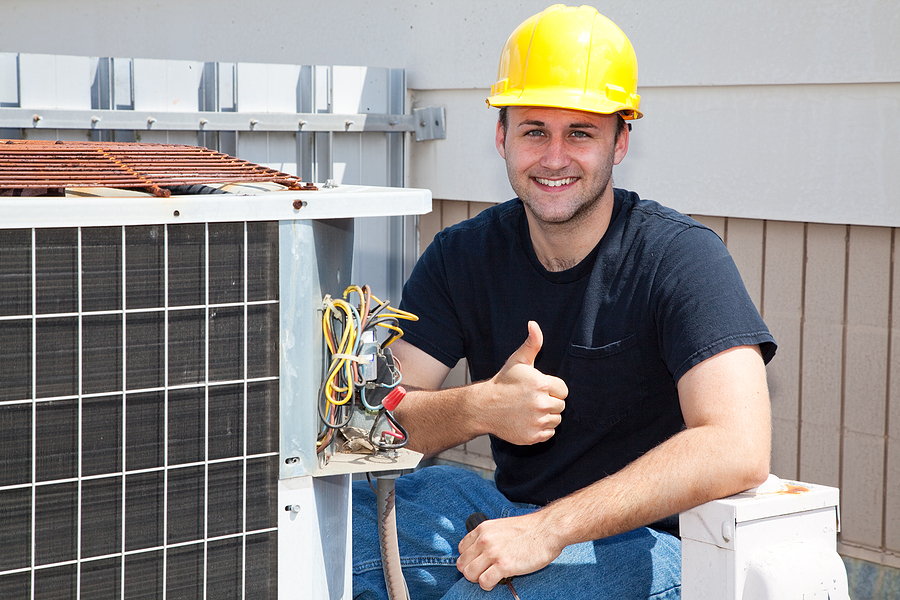
Compare HVAC Service Prices in 2025
Instantly connect with HVAC companies anywhere in the United States and compare prices from local suppliers.
When you need a trusted HVAC contractor to repair or replace your Air Conditioner or Furnace, Kwote Advisor has the right pro for every job. Get quotes and estimates from reliable HVAC companies who care about giving each customer 100% satisfaction as they work to restore comfort to your home.
HVAC Buyer’s Guide
HVAC stands for heating, ventilation, and air conditioning.

The HVAC system in your home plays a crucial role in keeping you comfortable and cool all year long. The unit includes products like furnaces, air conditioners, or heat pumps as well ductwork for proper ventilation of rooms within the house with thermostats that control how warm/colder it gets inside certain spaces at any given time.
Learning Center
How Much Does HVAC Replacement Cost?
How Much Does HVAC Repair Cost?
Does My HVAC Need Repairs or Replaced?
HVAC Service Cost Information
The cost of HVAC services can vary widely based on the type of service you need:
| Service Type | Average Cost Range |
|---|---|
| HVAC Inspection | $75 – $200 |
| Tune-up/Maintenance | $100 – $300 |
| AC or Furnace Repair | $150 – $600 |
| System Installation (AC) | $4,500 – $9,000 |
| System Installation (Furnace) | $3,000 – $7,000 |
| Full HVAC Replacement | $7,500 – $15,000+ |
Note: Prices depend on the size of the system, brand, labor rates, and location.
HVAC Buying Guide
When selecting an HVAC service, keep the following in mind:
- Licensing and Certification: Always hire licensed, insured, and certified technicians.
- Experience: Look for companies with at least 5 years of proven service.
- Energy Efficiency: Prioritize services that recommend ENERGY STAR® rated systems.
- Warranties and Guarantees: Ensure parts and labor are covered under a strong warranty.
- Upfront Pricing: Transparent quotes prevent surprise charges later.
- Maintenance Plans: Some providers offer maintenance contracts, saving you money long-term.
- Customer Reviews: Pay close attention to recent feedback, especially regarding service quality and punctuality.
HVAC Service Comparison Table
| Feature | Basic Local Technician | Full-Service HVAC Company | National HVAC Chain |
|---|---|---|---|
| Licensing & Insurance | Sometimes | Always | Always |
| Emergency Services | Rare | Often Available | 24/7 |
| Pricing Transparency | Varies | High | Moderate |
| Warranty on Labor | Limited | 1–2 Years | 1–5 Years |
| Energy-Efficient Equipment | Rarely Recommended | Regularly Offered | Regularly Offered |
| Maintenance Plans | No | Yes | Yes |
| Personalized Service | High | High | Moderate |
Maintaining Your HVAC Unit
Maintaining the HVAC system is important for many reasons. For example, if not regularly serviced, an inefficiently running unit will have to work harder to maintain the desired temperature which will end up costing you more money in energy bills. Additionally, a well-maintained HVAC system also means better indoor air quality and less likelihood of breakdowns or other costly repairs. Some Maintenance Tips Include:
- Change Air Filters
- Keep Outdoor Unit Free of Debris
- Get Annual Inspections and Maintenance
There are a few key things that you can do in order to keep your HVAC system running smoothly and efficiently. First, be sure to change the air filter regularly – ideally monthly, but at least every three months. A dirty air filter will restrict airflow and make the system work harder to circulate air.

Additionally, it is important to keep the area around your outdoor unit clear of debris like leaves or twigs. This will ensure that the unit can function properly and won’t overheat from being blocked. Finally, have your HVAC system serviced by a professional at least once a year. This will help to identify any potential issues early on so they can be fixed before they cause costly damage.
By following these simple tips, you can help to extend the life of your HVAC system and keep it running smoothly for years to come. Investing in regular maintenance and care will save you money in the long run by avoiding expensive repairs or replacements.
HVAC – Gas vs. Electric
To stay comfortable, your home needs both heating and cooling. The HVAC system uses gas or electricity to create the desired temperature in buildings where it’s needed most: the air conditioning unit (which keeps you cool) works with an electric motor while boilers burn natural resources like coal to generate heat; furnaces use burning charcoal as their source of combustion energy – all three methods produce formless invisible fumes can carry carbon monoxide which is very dangerous.
THE DIFFERENCE: The difference between gas and electric HVAC units is in how they’re powered. Both use the same technology to generate heat or cool air, but gas-powered units rely on an open flame to ignite the fuel source while electric models use a series of coils to create sparks.
HVAC TYPES
FORCED AIR HVAC: The most common type of HVAC system is the forced-air system, which uses a furnace to heat air and then distributes it through ductwork to vents in the rooms of your home. The main advantage of this system is that it’s relatively easy to install and doesn’t require a lot of maintenance.
RADIANT HEATING SYSTEMS: Another option is the radiant heating system, which uses hot water or steam to heat coils in the floor or baseboard of your room. This type of system is more efficient than a forced-air system and can be used in rooms that are difficult to heat with ductwork, such as basements or sunrooms.
GEOTHERMAL SYSTEMS: Finally, there’s the geothermal system, which uses the earth’s natural heat to warm your home. This type of system is more expensive to install but is very efficient and can save you money on your energy bills in the long run.
FAQs
Q: How often should I have my HVAC system serviced?
A: Experts recommend a tune-up twice a year—once before the heating season and once before the cooling season.
Q: What are signs I need HVAC repair?
A: Common signs include inconsistent temperatures, unusual noises, weak airflow, bad odors, and a sudden spike in energy bills.
Q: Should I repair or replace my HVAC system?
A: If your system is over 10–15 years old and repairs cost more than 50% of a new system, replacement is usually the smarter option.
Q: How can I reduce HVAC service costs?
A: Schedule regular maintenance, replace filters monthly, and address small problems before they turn into big ones.
Q: Are HVAC maintenance contracts worth it?
A: Yes! Maintenance contracts often include discounts on repairs, priority service, and extend the life of your equipment.
Top HVAC Brands
When installing or replacing an HVAC system, choosing a trusted brand matters. Here are the top-rated options:
| Brand | Known For |
|---|---|
| Trane | Superior durability and reliability |
| Carrier | Energy-efficient, smart technology |
| Lennox | Ultra-high efficiency systems |
| Rheem | Budget-friendly options |
| American Standard | Excellent build quality |
| Goodman | Affordable, reliable systems |
Written by: Nathan Ellis, HVAC Systems Specialist and Content Contributor for Kwote Advisor.
Nathan has over 16 years of experience in residential and commercial HVAC installation and maintenance, helping thousands of homeowners and businesses choose the right heating and cooling solutions.
